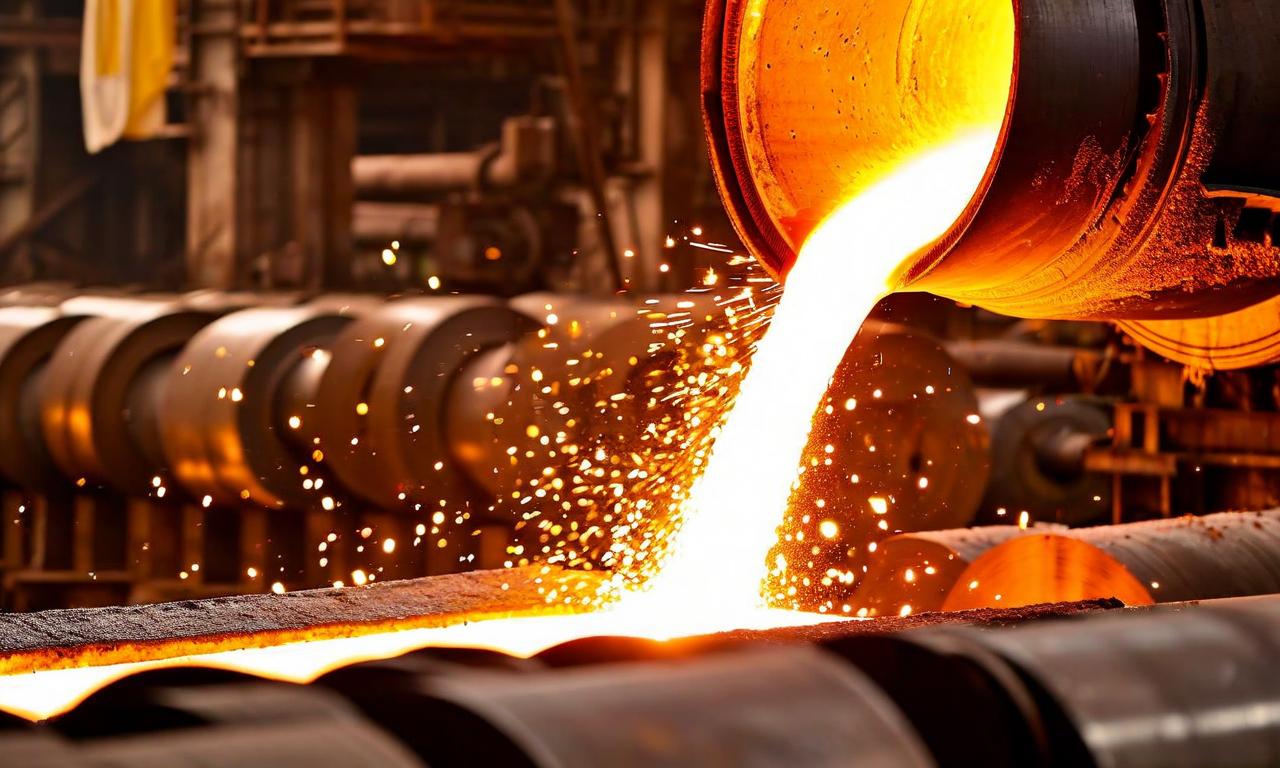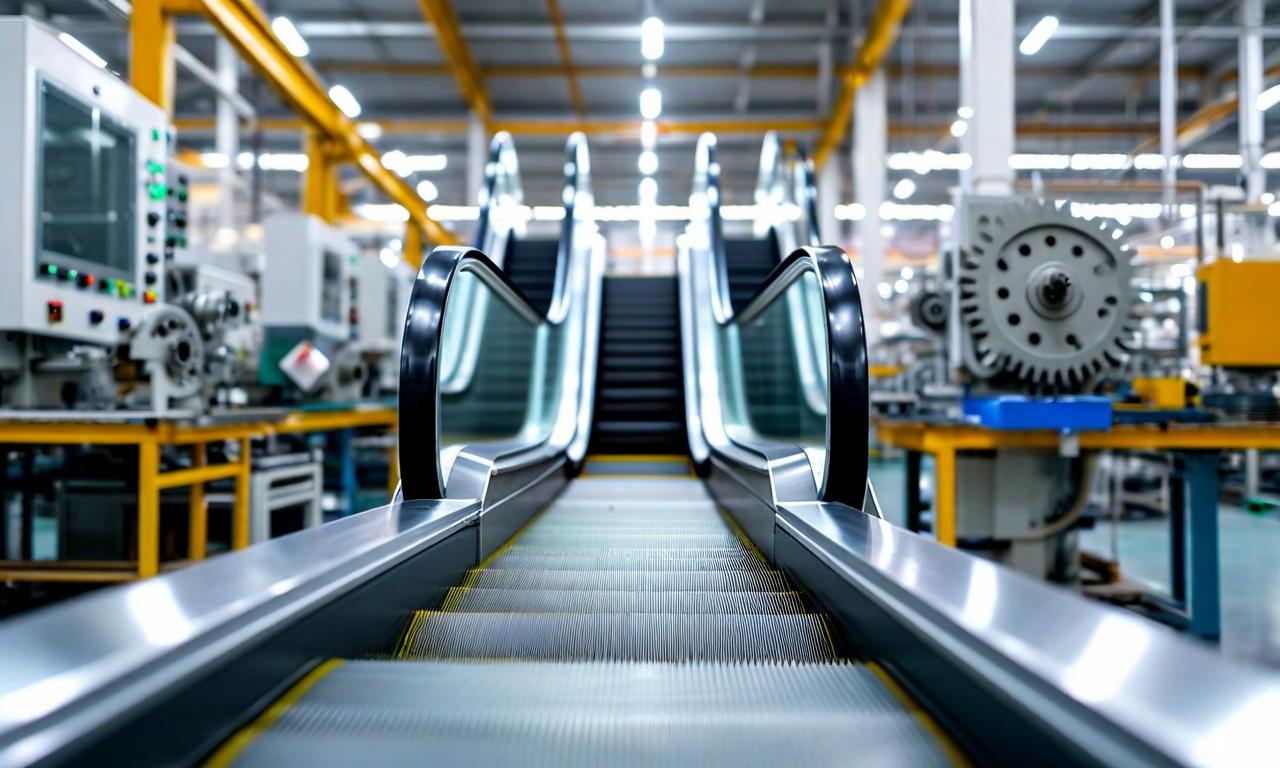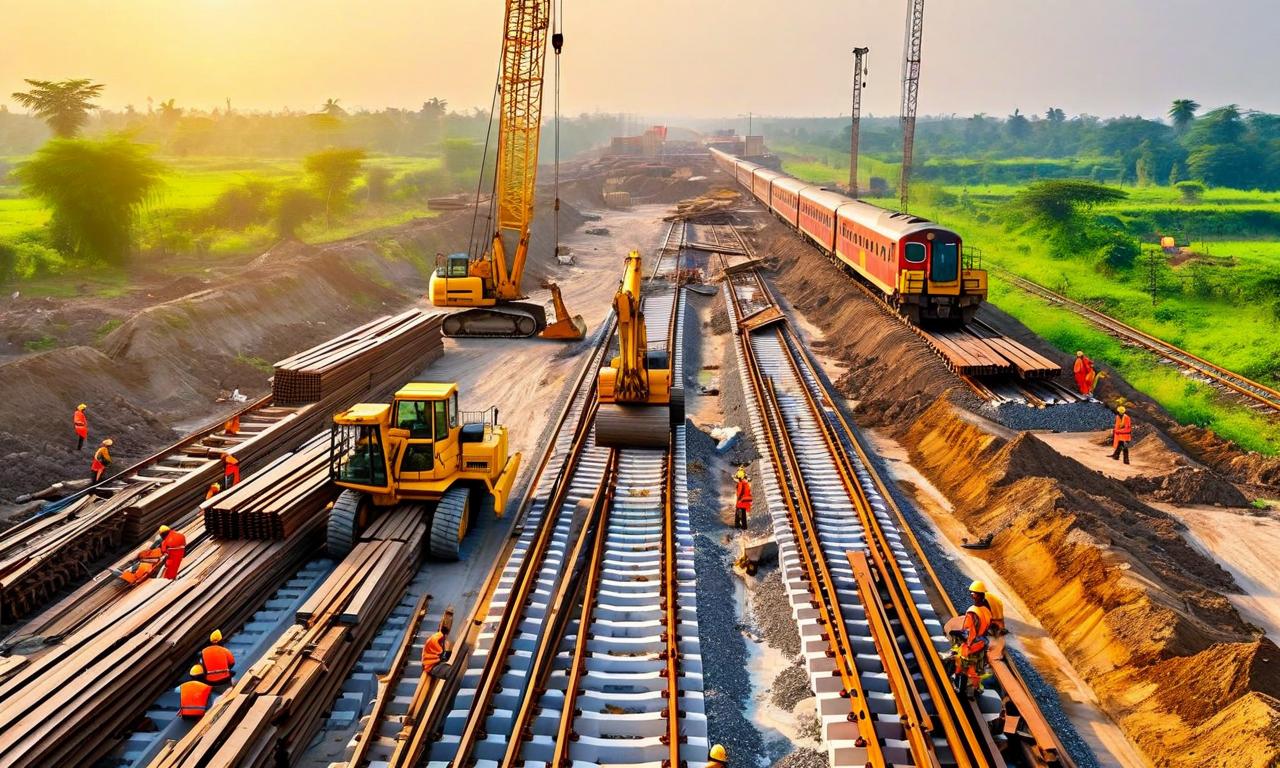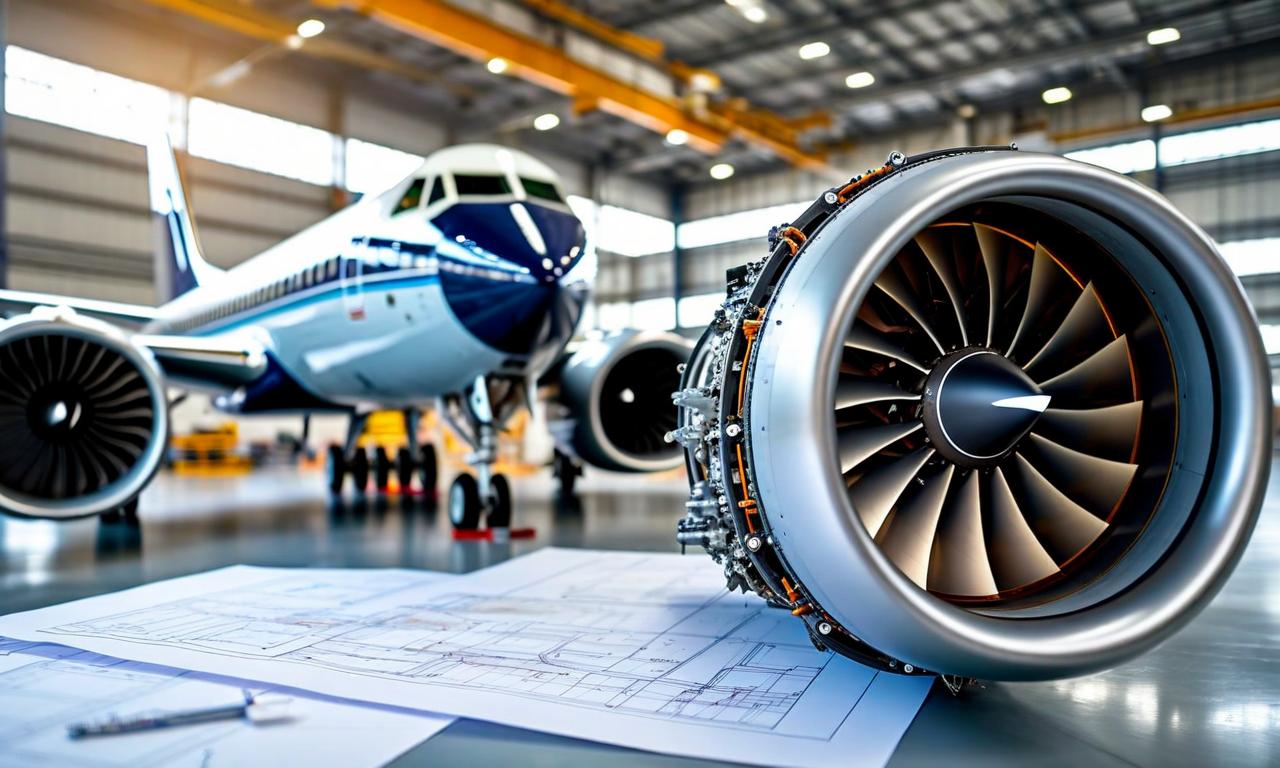Piyush Goyal Urges Steel Industry to Reduce Import Dependence and Boost Domestic Sourcing
Commerce and Industry Minister Piyush Goyal criticized the steel industry for continuing to import metcoke despite available domestic alternatives. He called for a shift towards greater self-reliance and import substitution, aligning with the 'Atmanirbhar Bharat' initiative. Goyal highlighted opportunities in the shipbuilding sector and discussed ongoing policy efforts to balance domestic needs with export opportunities. The Minister emphasized the need for the industry to strengthen domestic capabilities and break the cycle of import dependence.
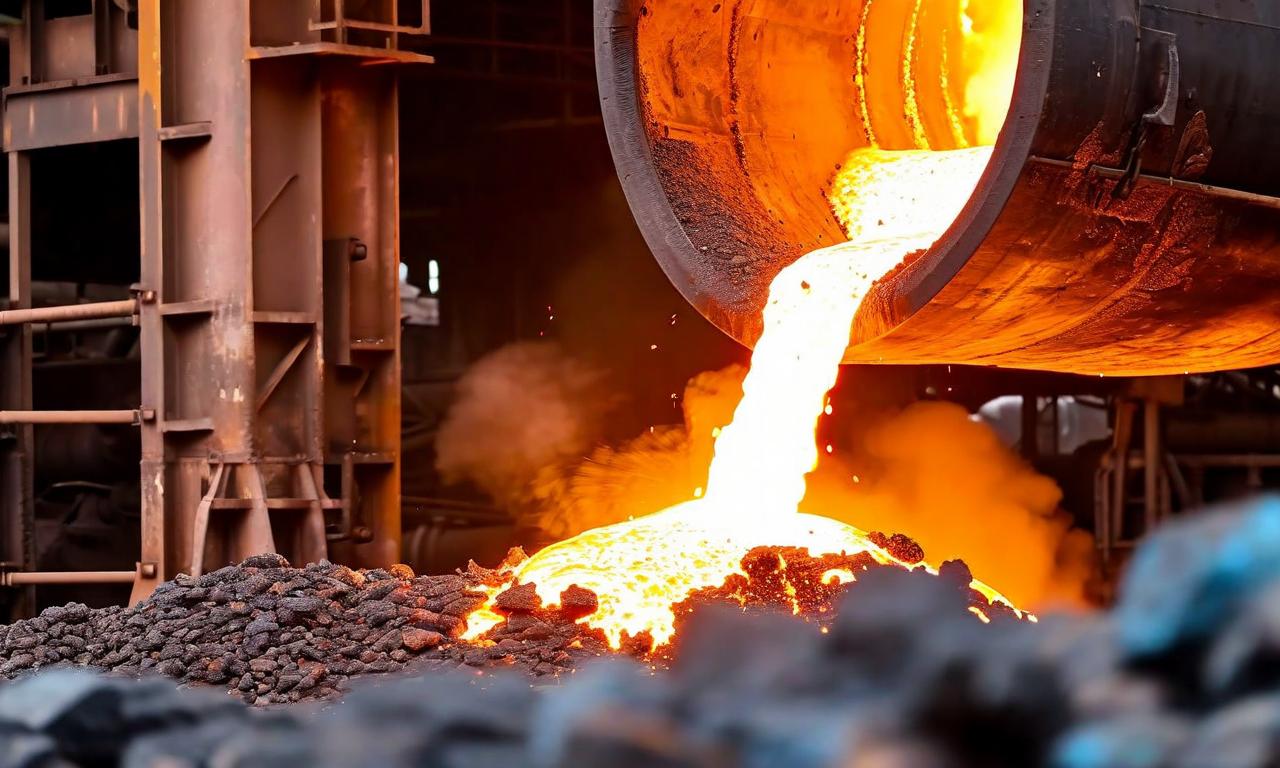
*this image is generated using AI for illustrative purposes only.
Commerce and Industry Minister Piyush Goyal has taken a firm stance on the steel industry's import practices, calling for a shift towards greater domestic sourcing and self-reliance. In a recent address, Goyal criticized the sector for its continued reliance on imported metcoke, despite the availability of domestic alternatives and previous commitments to support local producers.
Criticism of Import Practices
Goyal pointed out a notable inconsistency in the industry's behavior. He recalled that when faced with dumping threats and seeking safeguard duty protection, the steel industry had agreed to purchase domestic metcoke within 24 hours. However, this commitment appears to have waned, with imports continuing even when local alternatives are only marginally more expensive.
The Minister expressed concern over this trend, stating, "Indian exporters struggle to penetrate export markets despite cost advantages due to strong overseas supplier-buyer relationships." He emphasized that this import-dependent mindset is hindering the growth and competitiveness of domestic producers.
Call for Self-Reliance
Goyal urged the steel industry to move beyond seeking protection and subsidies, instead focusing on import substitution to achieve supply chain self-reliance. This aligns with the government's broader push for 'Atmanirbhar Bharat' or self-reliant India.
"It's time for the steel industry to look inward and strengthen our domestic capabilities," Goyal asserted. "We need to break the cycle of import dependence and create a robust, self-sufficient supply chain within India."
Opportunities in Shipbuilding
The Minister also highlighted potential opportunities for the steel industry in the shipbuilding sector. He mentioned ongoing efforts with the Ministry of Shipping to incentivize vessel tagging in India, which could create new avenues for domestic steel consumption and reduce reliance on imports.
Policy Discussions and International Trade
Goyal shed light on recent policy discussions aimed at balancing domestic needs with export opportunities:
- Talks between the Department for Promotion of Industry and Internal Trade (DPIIT) and the Ministry of Environment regarding increasing iron ore and steel exports while ensuring competitive domestic pricing.
- Ongoing Free Trade Agreement (FTA) negotiations to improve market access for Indian products.
- Work on addressing the Carbon Border Adjustment Mechanism, which could impact international trade in carbon-intensive goods like steel.
Industry Response and Way Forward
The steel industry now faces the challenge of responding to the government's call for increased domestic sourcing. This shift may require investments in local supply chains, improvements in the quality and competitiveness of domestic metcoke, and a reevaluation of procurement strategies.
As India aims to become a global manufacturing hub, the steel sector's ability to reduce import dependence and boost domestic capabilities will be crucial. The coming months may see increased dialogue between the government and industry stakeholders to chart a path towards greater self-reliance in the steel supply chain.
The Minister's comments serve as a wake-up call for the industry, emphasizing the need for a more balanced approach that prioritizes domestic growth while remaining competitive in the global market. As the steel sector navigates these challenges, its response will be closely watched by policymakers and industry observers alike.
